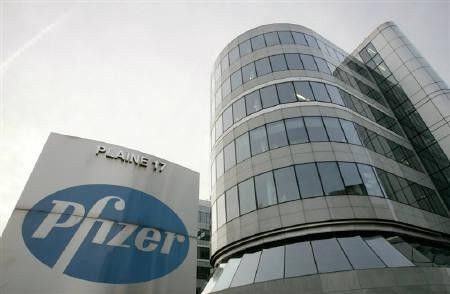Australia Warns MNCs Against Using Offshore Marketing Hubs To Reduce Tax Burden

Faced with dwindling tax collections from multinational companies, the Australian Tax Authority has warned MNCs that the practice of using offshore marketing hubs as a mechanism to diminish tax liability will be dealt with seriously. This follows allegations that offshore subsidiaries are being used by MNCs to shift out profits for reducing their tax bills. This is because tax is paid on profit and not on the basis of revenue.
Australia’s federal budget in May had declared its intent to go after large multinational firms, which are allegedly shifting profits offshore. The Australian Tax Office recently sent a note to large businesses, as part of the drive to curb the profit-shifting.
Tax Optimisation
The Organisation for Economic Co-operation and Development has already taken a strong view of what they call as “tax optimisation” and has been reviewing arrangements of companies that run such hubs. The ATO note said, because "in some circumstances it appears the amount charged by the marketing hub to the Australian company is not what arm's length or independent parties would pay. In particular, we are concerned that the economic substance of these arrangements may be materially different to the associated legal form."
The ATO has identified the hubs as operating in Singapore and Switzerland. Now the issue is--transfer pricing being taken advantage by some firms, who are allegedly using inflated transfer prices, close to retail prices, in higher-tax jurisdictions for suppressing the amount of profit they are generating, by showing a lower profit on the books to reduce the tax burden.
Recently, senior executives of top pharmaceutical companies such as Pfizer, AstraZeneca, GlaxoSmithKline and Johnson & Johnson were grilled by a panel of Australian Senate, over allegations that they were charging higher transfer prices to minimise tax in Australia. However, the companies refuted the charge and told the Senate that they are fully compliant with local and international laws. Similarly, technology majors Apple, Google and Microsoft were also questioned by the committee in April for allegedly shifting profits to their marketing hubs in countries such as Singapore, where corporate taxes are lower. But the three technology companies also denied the allegations.
Corporate Tax Avoidance
Meanwhile, it was reported that 9 global drug companies, which booked $8 billion in Australian revenue in 2014, paid only $85 million in tax. This was disclosed during a hearing of the senate committee that heard on tax issues. When the companies told the panel, probing corporate tax avoidance that they have complied fully with Australian and international tax laws, it was challenged by tax commissioner Chris Jordan. The Tax Authority, it seems, wanted to fix the issue of Australian subsidiaries purchasing drugs at inflated prices and showing a lower profit in Australia, where the corporate tax is a bit high at 30 percent.
(For feedback/comments, contact the writer at k.kumar@ibtimes.com.au)





















